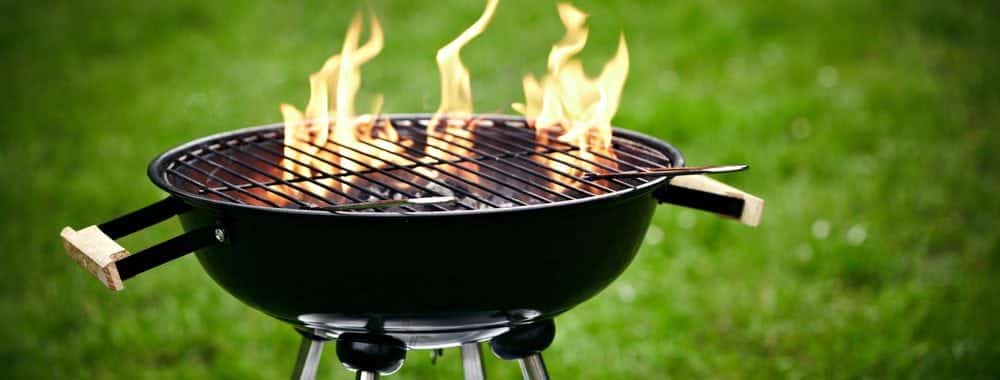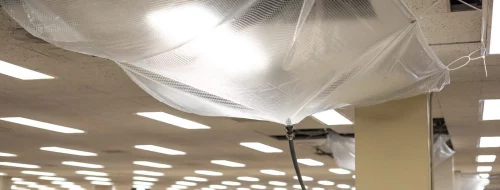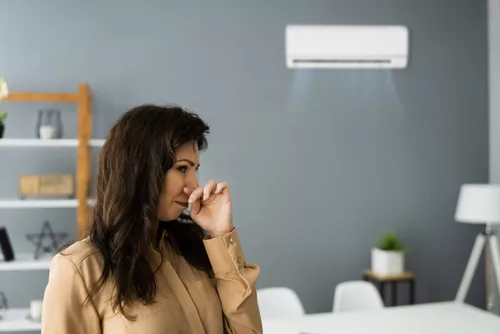Once the weather starts to heat up, most people are ready to break out the grills and start spending more time outside. Picnics and backyard barbecues become a frequent event in many households across the US, and, while July is typically known as the height of grilling month, barbecues are used from May through August.
Regardless if you’re just starting out with your first grill, or if you’re an experienced grill master, it’s important to always keep fire safety in the forefront of your mind when the grill is out.
Did you know that, on average, 8,700 thousand home fires are caused by grills each year, according to the National Fire Protection Agency. 25% of these fires were caused by dirty grills and 85% of these grills were powered by gas.
Let’s talk about how to keep you and your home safe when using a grill.
Grilling Safety Tips
Just because there are stats that show barbecues are a fire hazard, doesn’t mean that you have to stop grilling all together. With a few precautions and being smart about how you’re working with your grill, you can keep grilling and stay safe as well!
- Keep your grill at least 10 feet away from your home and other structures. This includes your house, garage, shed, deck, railings, pool, etc. Anything that is flammable – the grill needs to be 10 feet away.
- Look for low hanging tree branches, overhangs, eaves, party decorations, backyard lights – anything that could hang low enough for a flame to catch and potentially start a fire.
- Grills should always have a designated spot on solid ground. Concrete is best (it’s not flammable!), and never put a grill on grass or other fire prone materials.
- Do not use your grill indoors. This includes your garage. If bad weather stops your barbecue, be safe and find an alternate way to cook your food. A grill is not meant to be used in an enclosed space. A single spark could cause a fire to erupt.
- Clean your grill between uses. Like we mentioned above, a quarter of the fires caused by grills were due to lack of cleaning between uses.
- Always keep a 3-foot “safety zone” around the grill that’s free of children and pets.
- Have an extinguisher nearby just in case.
- Never leave a lit grill unattended.
- Always follow the directions provided by the manufacturer when operating your grill. Charcoal does not belong in a gas powered grill, and propane doesn’t belong in a charcoal grill.
- Keep long hair and loose clothing tied back and away from the flames when grilling over an open flame.
Working with a Propane Grill
Gas grills have a few safety tips unique to themselves.
- Before your first use of the season, always check the hoses that connect the tank to the grill for any leaks. Apply soapy water solution to the hose, and if bubbles appear, your grill needs to be serviced by a professional.
- Always leave the grill hood open when you are lighting your grill.
- If you smell gas as you’re grilling, turn the grill off. If the smell doesn’t go away, contact the fire department.
- Allow your grill to completely cool down before you cover it up and put it away.
- NEVER store propane tanks in enclosed spaces like a garage, shed, or vehicle. Keep it locked in a designated space outdoors.
Working with a Charcoal Grill
Charcoal grills may not be as easy to light as a propane grill, but they do give off a great flavor! Here are some grill safety tips when working with charcoal:
- If you use lighter fluid, wait until the fluid has soaked into the charcoal before lighting.
- Do not add more lighter fluid if the flame is already lit.
- If you use a charcoal starter or chimney, it will be hot to the touch. Never leave it somewhere close to flammable objects, or near children or pets.
- Let the charcoal cool for at least 24 hours before disposing.
If you experience fire damage due to a grill mishap, call McMahon Services. We handle all types of fire restoration, and have emergency services standing by. We will get your home back to normal as quickly as possible – with as little disruption to your life as we can. Call us today.








0 Comments